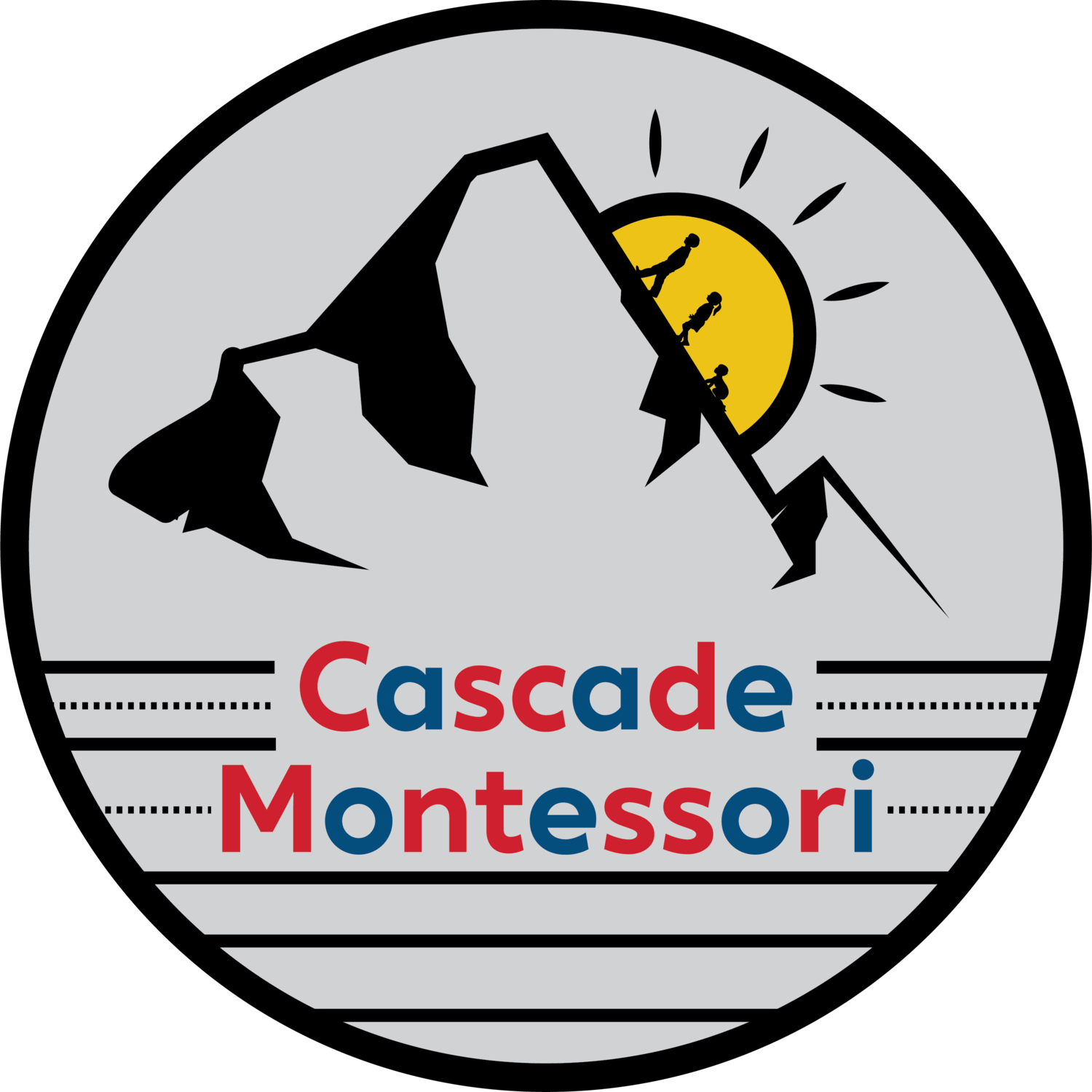
MARIA MONTESSORI | THE MONTESSORI METHOD
Maria Montessori is the pioneer of The Montessori Method. Read below to learn more about the history of Maria Montessori and The Montessori Method.
“Free the child's potential, and you will transform him into the world.”
Maria Montessori
History of Maria Montessori & The Montessori Method
The success of Montessori's approach at the Casa dei Bambini attracted widespread attention, leading to the establishment of Montessori schools in Italy and beyond. Montessori's method gained international recognition and was adopted in countries around the world. Montessori education became known for its emphasis on fostering independence, critical thinking, creativity, and a love of learning in children.
Maria Montessori's groundbreaking work in education extended beyond the classroom. She wrote extensively about her educational philosophy and method, publishing numerous books and articles on topics such as child development, education, and pedagogy. Montessori also traveled extensively, lecturing and training teachers in the Montessori method across Europe, the United States, and beyond. Her tireless advocacy for children's rights and her commitment to promoting peace and global understanding earned her nominations for the Nobel Peace Prize in 1949, 1950, and 1951.
Today, Maria Montessori's legacy continues to influence education worldwide. Montessori schools can be found in virtually every country, and her method has been adapted for children of all ages, from infancy through adolescence. At Cascade Montessori, we embrace Maria Montessori's philosophy and method, providing a nurturing and supportive environment where children can thrive academically, socially, and emotionally. Our dedicated educators follow Montessori principles, fostering independence, curiosity, and a lifelong love of learning in each child. With an emphasis on hands-on learning, exploration, and individualized instruction, Cascade Montessori prepares children for success in school and in life, empowering them to reach their full potential and become responsible, compassionate citizens of the world.
Maria Montessori, a pioneering Italian physician and educator, laid the foundation for a revolutionary approach to early childhood education known as the Montessori method. Born in Chiaravalle, Italy, on August 31, 1870, Montessori defied societal norms of her time by pursuing a career in medicine, becoming one of Italy's first female physicians. However, it was her work with children with special needs at the Orthophrenic School in Rome that ignited her passion for education and led to the development of her innovative approach to teaching.
In 1907, Maria Montessori was appointed as director of the Casa dei Bambini, a childcare center in a low-income neighborhood of Rome. It was here that she began to implement her educational philosophy and method, which emphasized independence, freedom within limits, and the importance of the prepared environment. Montessori observed that children possess an innate drive to learn and explore, and she believed that they learn best through hands-on experiences and self-directed activities. Her method focused on creating a supportive, nurturing environment where children could follow their interests, develop at their own pace, and cultivate a love of learning.
Maria Montessori and The Montessori Method’s Guiding Principles
The Montessori method is based on several key principles that guide the philosophy and practices of Montessori education. These basic tenets include:
Child-Centered Approach: The Montessori method is centered around the child, recognizing each child as a unique individual with their own interests, abilities, and pace of development. Teachers respect and support each child's natural curiosity, creativity, and intrinsic motivation to learn.
Prepared Environment: Montessori classrooms are carefully designed to provide a rich and stimulating environment that promotes independent exploration and learning. The classroom is filled with developmentally appropriate materials and activities that are accessible to children at all times, allowing them to follow their interests and engage in self-directed learning.
Hands-On Learning: Montessori education emphasizes experiential, hands-on learning experiences. Children learn best through direct interaction with materials and concrete experiences rather than passive instruction. Montessori materials are specifically designed to be self-correcting, allowing children to learn from their mistakes and develop critical thinking skills.
Freedom within Limits: Montessori classrooms offer children freedom of choice and movement within a structured environment. While children are encouraged to explore and pursue their interests independently, they are also guided by clear boundaries and expectations set by the teacher. This balance of freedom and responsibility helps children develop self-discipline, decision-making skills, and respect for themselves and others.
Mixed-Age Grouping: Montessori classrooms typically include children of mixed ages, spanning a three-year age range. This multi-age grouping allows younger children to learn from older peers and older children to reinforce their learning by teaching younger ones. It promotes a sense of community, collaboration, and mentorship among children.
Individualized Instruction: Montessori education recognizes that each child learns at their own pace and in their own way. Teachers observe and assess each child's progress and provide individualized instruction and support tailored to their needs and interests. This personalized approach ensures that children are challenged and engaged at their optimal level of development.
Respect for the Child: Montessori educators deeply respect and value each child as a competent and capable individual. Teachers create a supportive and nurturing environment where children feel valued, empowered, and encouraged to take risks, make choices, and learn from their experiences. Respect for the child's dignity, autonomy, and potential is at the heart of the Montessori philosophy.
Overall, the Montessori method aims to cultivate independent, confident, and lifelong learners who are equipped with the skills, knowledge, and values needed to thrive in an ever-changing world.

